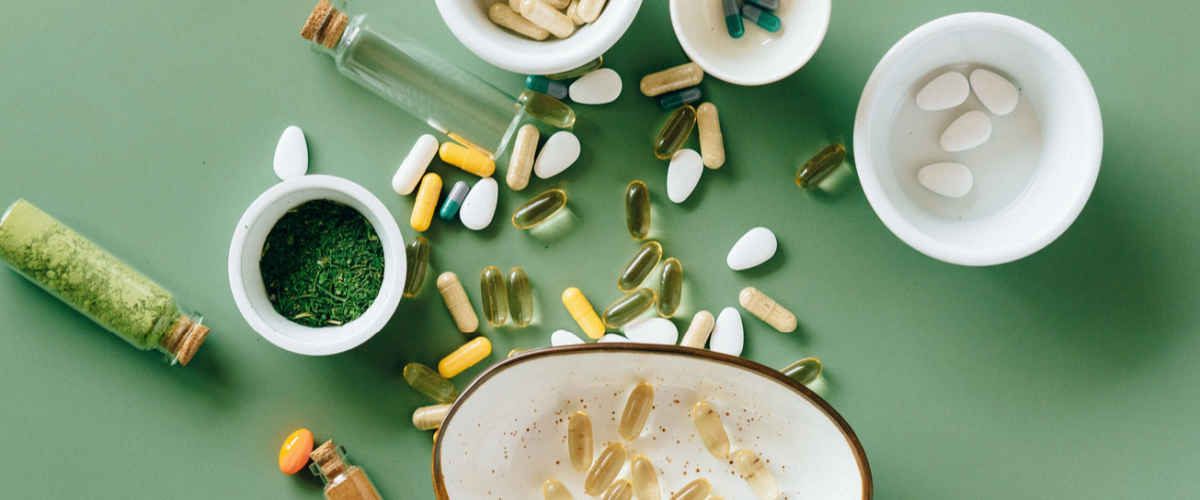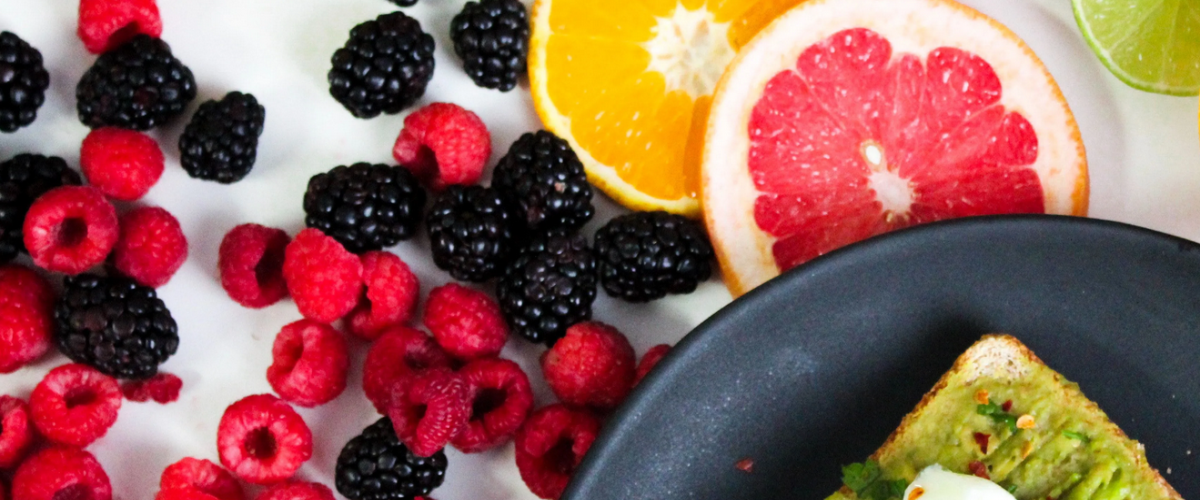As we age, our bodies naturally undergo various changes. Our skin loses elasticity, wrinkles begin to appear, and our energy levels begin to drop. While we can't completely stop the clock, there are ways to slow down the aging process naturally. One effective way to do this is to incorporate anti-aging supplements into our daily routine. Additionally, a healthy lifestyle, including a balanced diet, regular exercise, and proper skin care, is also crucial to aging gracefully.
As people age, they often become more aware of staying healthy and young. This has led to a growing interest in anti-aging supplements, so what exactly are anti-aging supplements?
Anti-aging supplements are dietary supplements that contain a variety of vitamins, minerals, and other compounds thought to support the body's natural aging process. These supplements are designed to address specific age-related issues such as wrinkles, joint pain, cognitive decline, and decreased energy levels. They are often available in pills, capsules, powders, and liquids, making them easy to incorporate into your daily routine.
One popular category of anti-aging supplements are antioxidants. Antioxidants are compounds that help protect the body from free radical damage, which are unstable molecules that can cause cell damage and aging. Common antioxidants found in supplements include vitamins A, C, and E, as well as selenium and beta-carotene. These antioxidants are thought to help fight oxidative stress and reduce the risk of age-related diseases.
Another common ingredient in anti-aging supplements is collagen. Collagen is a protein that provides structure to skin, bones, tendons and ligaments. As we age, our natural collagen production decreases, leading to wrinkles, joint pain, and sagging skin. Collagen supplementation is believed to support these structures and improve skin elasticity and joint health.
In addition to these specific ingredients, many anti-aging supplements contain a blend of vitamins, minerals, herbs, and plants. These blends are often formulated to provide a comprehensive anti-aging approach, targeting multiple aspects of health and well-being.
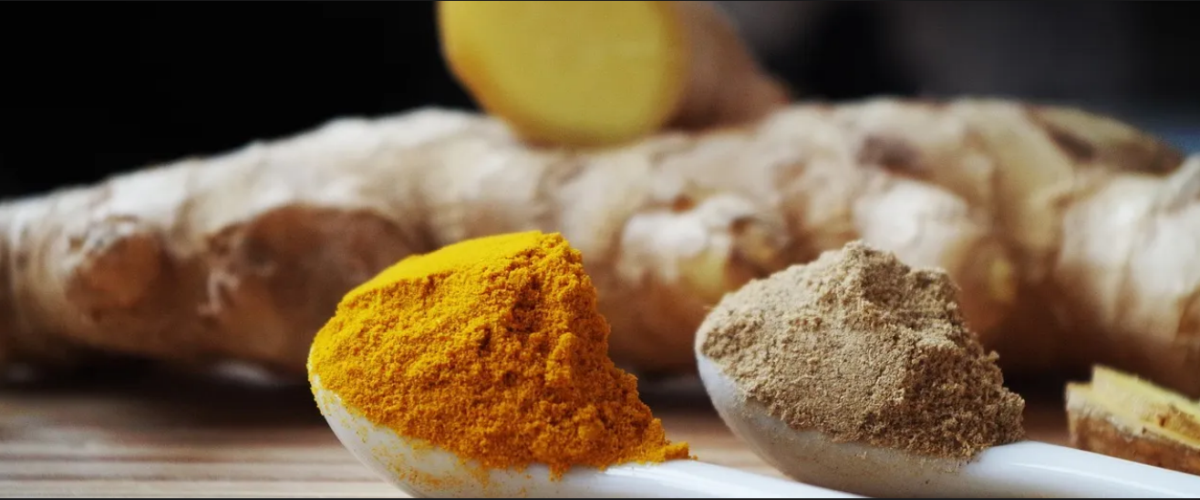
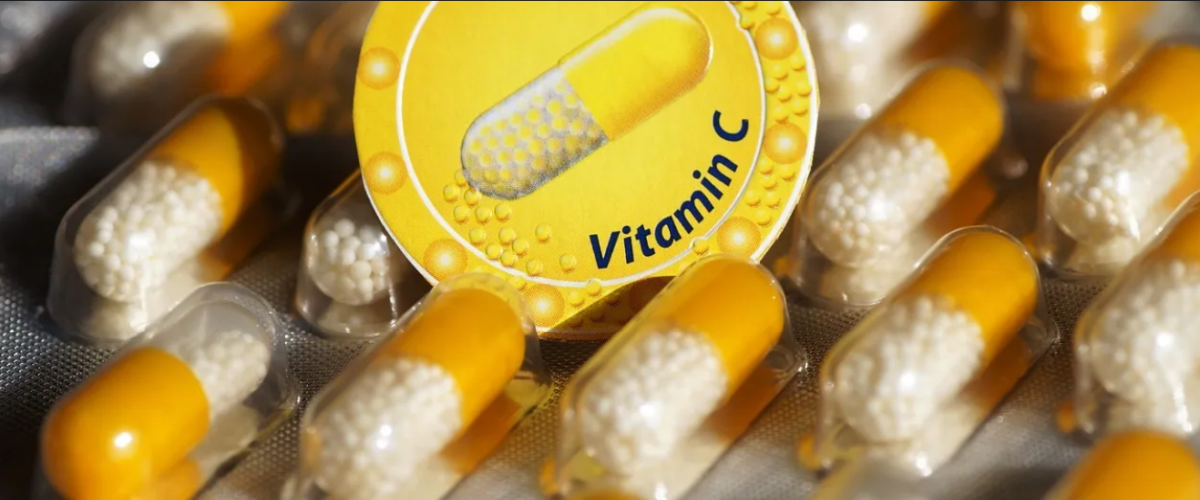
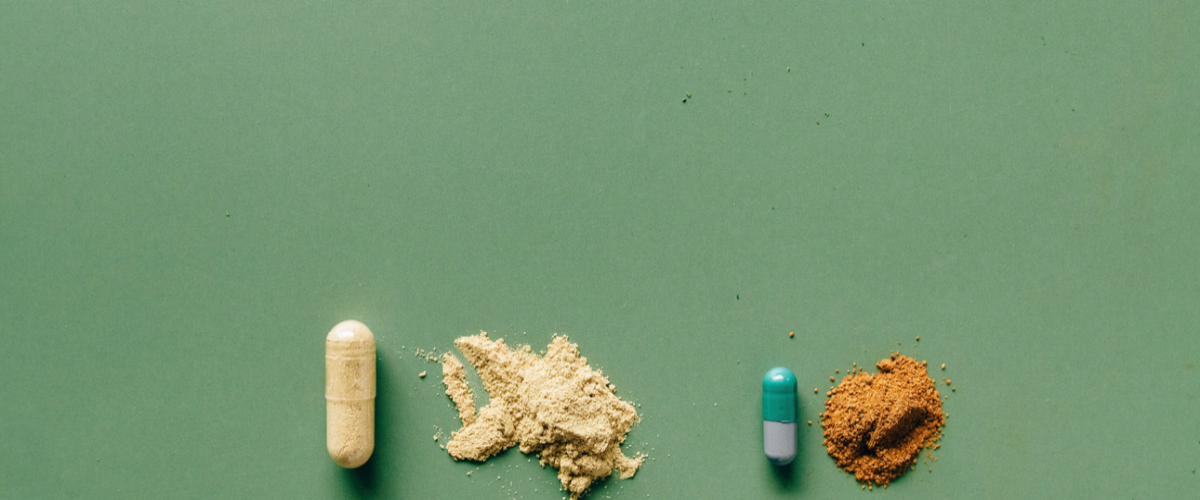
Anti-aging supplements have become extremely popular in recent years, as they can lead to younger-looking skin and increased energy levels. These supplements often contain vitamins, minerals, antioxidants, and other compounds that can slow down the aging process. Of course, you can also use nutritious natural foods for anti-aging. So which one is better, supplements or natural foods, for anti-aging?
The power of anti-aging foods
On the other hand, we find a holistic approach to anti-aging that focuses on incorporating nutrient-rich, whole foods into our diets. An anti-aging diet emphasizes fruits, vegetables, whole grains, lean protein, and healthy fats. These foods provide a variety of vitamins, minerals, antioxidants, and phytochemicals that fight cell damage, inflammation, and oxidative stress.
Colorful fruits and vegetables, such as berries, leafy greens, and citrus fruits, are especially effective due to their high antioxidant content. Additionally, foods rich in omega-3 fatty acids, such as cold-water fish, flaxseeds, and walnuts, are known to have beneficial effects on skin, heart, and brain health.
Additionally, a balanced anti-aging diet ensures proper hydration, as staying hydrated is essential for maintaining youthful skin and overall health. Drinking enough water and herbal teas can help eliminate toxins, improve digestion, and maintain optimal organ function.
Supplement and Food Synergy
Rather than comparing anti-aging supplements to anti-aging foods, a combination of both approaches may be the key to achieving optimal results. While a healthy diet should be the foundation of any anti-aging regimen, some nutrients may be difficult to obtain through food sources alone.
Supplements can fill these nutritional gaps and provide concentrated doses of specific compounds. However, before starting any supplement regimen, always consult a healthcare professional or nutritionist to ensure safety and effectiveness.
Determining the proper dosage of an anti-aging supplement is critical to reaping its potential benefits while avoiding any adverse effects. The appropriate dosage of anti-aging supplements depends on several factors, such as the user's age, health, and several other conditions.
For best results, be sure to follow recommended dosages carefully and reduce dosage if any adverse side effects or symptoms occur. Alternatively, you can try adding some anti-aging foods to your diet such as blueberries, salmon, nuts, turmeric, etc. Not only do these foods provide the same nutrients and health-promoting properties, they do so in lower concentrations, which means they are less likely to cause unwanted side effects.
Q: What are anti-aging supplements?
A: Anti-aging supplements are natural substances or compounds that can be incorporated into your daily routine to slow down the aging process. These supplements are known for their potential to improve skin health, boost immunity, enhance brain function, and promote overall vitality.
Q: How do anti-aging supplements work?
A: Anti-aging supplements work by providing essential nutrients, antioxidants, and other compounds that support optimal cellular function and combat free radicals. They can help neutralize oxidative stress, reduce inflammation, promote collagen production, and enhance cell repair and regeneration.
Disclaimer: This article is for general information only and should not be construed as any medical advice. Some of the blog post information comes from the Internet and is not professional. This website is only responsible for sorting, formatting and editing articles. The purpose of conveying more information does not mean that you agree with its views or confirm the authenticity of its content. Always consult a health care professional before using any supplements or making changes to your health care regimen.
Post time: Oct-09-2023


